
When Lori Harvey, 28, went public on the SHE MD Podcast about being diagnosed with PCOS (polycystic ovary syndrome) and endometriosis, it sparked a conversation many women have been waiting for. For over a decade, Lori dealt with painful periods and crazy cramps—all while doctors told her she was “fine.”
She admitted to feeling “gaslit” by the medical system, ignored every time she tried to explain just how severe her symptoms were. Eventually, after years of suffering, she finally received a proper diagnosis. Now, she’s using her platform to raise awareness and show women they’re not alone.
>>>Click here for a clip of the interview with Lori Harvey on SHE MD Podcast
Understanding PCOS & Endometriosis
PCOS (Polycystic Ovary Syndrome):
A hormonal imbalance that affects about 1 in 10 women of childbearing age, PCOS is one of the leading causes of infertility. Symptoms can include:
- Irregular or missed periods
- Severe acne and oily skin
- Excess facial or body hair
- Weight gain that feels impossible to control
- Thinning hair on the scalp
- Mood swings or depression
A condition where tissue similar to the lining of the uterus grows outside of it, leading to:
- Severe cramping and pelvic pain
- Heavy, painful periods
- Pain during sex
- Infertility
Both conditions can take years to diagnose, leaving women struggling in silence.
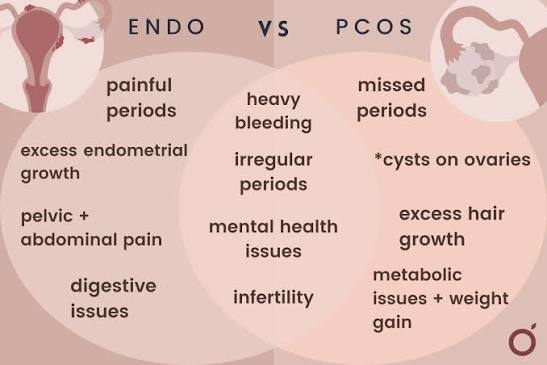
How Long Some Women Suffer Before Diagnosis
Endometriosis is notoriously difficult to diagnose. On average, it takes 7 to 10 years from the start of symptoms before a woman is properly diagnosed. That means some women spend nearly a decade being told their pain is “normal.”
For Black and Hispanic women, the delay is even worse. Studies show that women of color can wait twice as long to receive an endometriosis diagnosis compared to White women. On top of that, research has found that Black women are diagnosed 2.6 years later on average than White women.
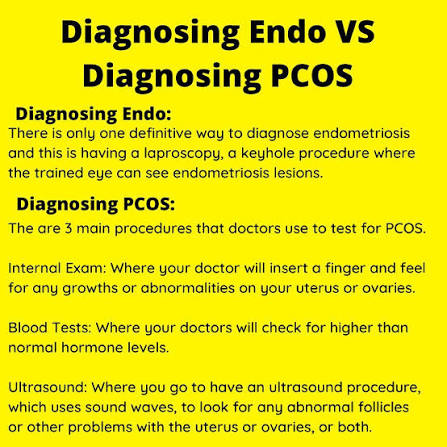
These delays don’t just mean more pain—they mean more years of untreated symptoms, greater risk of complications, and emotional exhaustion from constantly being dismissed.
Why Black Women Are Hit the Hardest
Lori Harvey’s story isn’t unique. For Black women especially, the road to diagnosis is often longer and more painful. Research shows that Black women are less likely to be believed when reporting symptoms, more likely to be misdiagnosed, and less likely to receive timely treatment compared to White women.
Some key factors include:
- Medical Bias: Some providers unconsciously believe Black women have a higher pain tolerance, which leads to our pain being minimized.
- Dismissal of Symptoms: Complaints about heavy bleeding, painful cramps, or abnormal hair growth are brushed off as “just part of being a woman.”
- Missed Diagnoses: Studies reveal Black women are significantly more likely to have a missed PCOS diagnosis compared to White women (odds ratio ~1.69). That means even when symptoms are present, doctors often fail to connect the dots.
- Access to Care: Lack of resources and systemic healthcare inequities mean many Black women simply don’t get the same level of care or specialist referrals.
This isn’t rare or isolated—some studies estimate that up to 75% of women who meet the criteria for PCOS never get diagnosed at all.
The Mental & Emotional Toll
Living with undiagnosed PCOS or endometriosis doesn’t just impact physical health—it affects mental health too. Constantly being told “you’re fine” when you know you’re not can leave women feeling invisible, frustrated, and even depressed.
For many, it creates a cycle of self-doubt and silence, where women stop advocating for themselves because they’re tired of being ignored. This silence only delays care further.
Why Lori’s Story Matters
By speaking out, Lori Harvey has opened the door for more women to share their experiences. When someone with her platform highlights the struggle, it forces the medical community—and society at large—to listen.
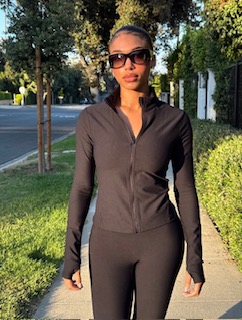
So many times, we look at other (beautiful) women and think they have the best life, but we fail to think about the internal struggles and daily battles they may be facing.
Her story is a reminder that Black women’s health deserves to be taken seriously. No woman should feel gaslit, brushed off, or forced to suffer in silence.
What Black Women Can Do to Protect Their Health
While the healthcare system has work to do, there are steps women can take to push for better care:
- Track Your Symptoms: Keep a detailed log of pain, periods, weight changes, and mood swings. This makes it harder for doctors to dismiss your concerns.
- Get a Second Opinion: If one doctor dismisses you, seek another. Specialists like gynecologists or endocrinologists may be more familiar with PCOS and endometriosis.
- Advocate for Yourself: Don’t downplay your pain. Use strong, direct language when describing symptoms.
- Join Support Communities: Online groups and local support networks can provide resources and encouragement.
Why Having a Black Doctor Matters for Black Women
One of the biggest steps toward closing the health gap is finding a doctor who truly understands your lived experience. For many Black women, that means seeking care from Black doctors when possible. Studies show that Black patients often receive better, more attentive care when treated by Black physicians. Why?
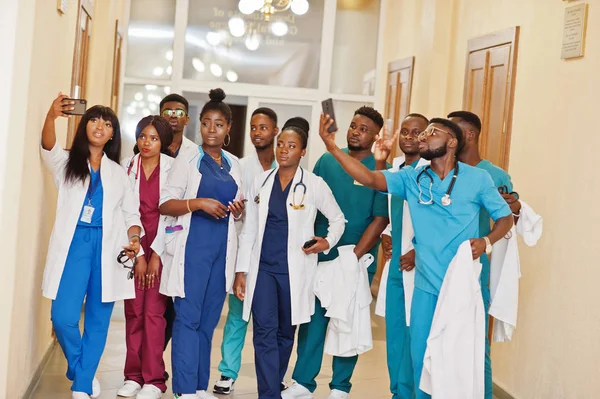
- Cultural Understanding: A Black doctor is more likely to understand how certain symptoms show up in Black women, from hair loss patterns to skin conditions like acne or hyperpigmentation.
- Less Dismissal of Pain: Research suggests that medical bias plays a role in doctors underestimating Black women’s pain. Black physicians are less likely to hold those harmful stereotypes.
- Better Communication: Having a provider who “gets it” can make it easier to open up about sensitive issues like fertility, menstruation, or sexual health.
- Representation Matters: Seeing yourself reflected in your healthcare team helps build trust and makes it easier to advocate for your needs.
Of course, it’s not always possible to find a Black doctor in every specialty. But if you can, it can make a world of difference in getting the care you deserve.
Natural Cures and Holistic Treatments
While there’s no single “cure” for PCOS or endometriosis, many women find relief by combining medical treatment with natural and holistic approaches. These can help manage symptoms, balance hormones, and improve overall health:
- Diet & Nutrition: Anti-inflammatory foods like leafy greens, berries, turmeric, and omega-3 rich foods (salmon, walnuts, chia seeds) can reduce pain and inflammation. Cutting back on processed sugar and refined carbs may also help balance insulin levels for women with PCOS.
- Herbal Remedies: Herbs such as cinnamon, spearmint tea, and ashwagandha have been studied for their ability to regulate hormones and ease symptoms like irregular periods and excess hair growth.
- Supplements: Vitamin D, magnesium, and zinc can support hormone balance and improve energy levels. Some women also find benefit in taking omega-3 or inositol supplements for PCOS. Seamoss is also a great supplement that can help with PCOS and endometriosis.
- Exercise & Stress Management: Gentle but consistent exercise—like walking, yoga, or strength training—helps regulate hormones and maintain a healthy weight. Stress-relief practices like meditation, journaling, or deep breathing can also lower cortisol levels, which play a role in hormone imbalance.
- Heat & Physical Therapy: For endometriosis pain, heating pads, warm baths, or acupuncture may help relax muscles and ease cramps.
It’s important to note that every woman’s body is different, so what works for one may not work for another. Natural remedies should complement—not replace—professional medical care.
Lori Harvey’s journey is not just about her—it’s about every Black woman who has been told her pain doesn’t matter. PCOS and endometriosis may be common, but that doesn’t make them any less serious.
With diagnosis delays averaging nearly a decade, and Black women waiting even longer for care, it’s clear the medical system is failing us. It’s time for doctors to listen, believe, and treat Black women with the urgency and respect we deserve.
Until then, sharing stories like Lori’s is how we keep the spotlight on the issue.
“This article is for informational and educational purposes only. It is not intended to diagnose, treat, or replace professional medical advice.”
*** Ear Kandy Radio is back, and we need your support. Please comment below (or on any blog post) for a chance to win a $50 cash (Cash App, Zelle, Venmo) or a Visa Gift Card. Comment must be relevant to the blog you are commenting on, and you must enter a valid email address.





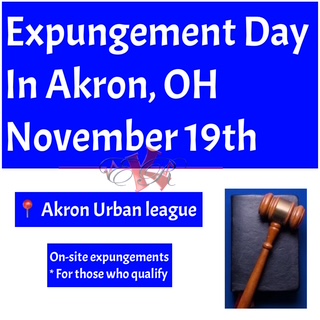
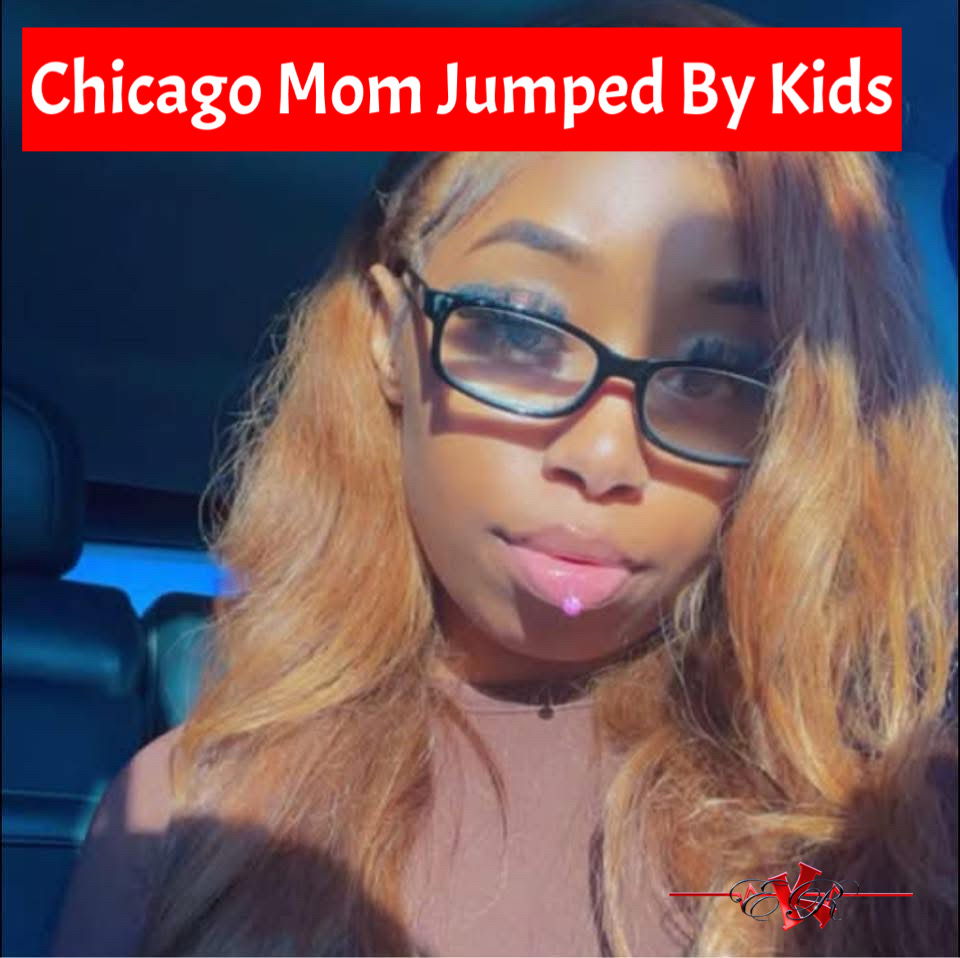


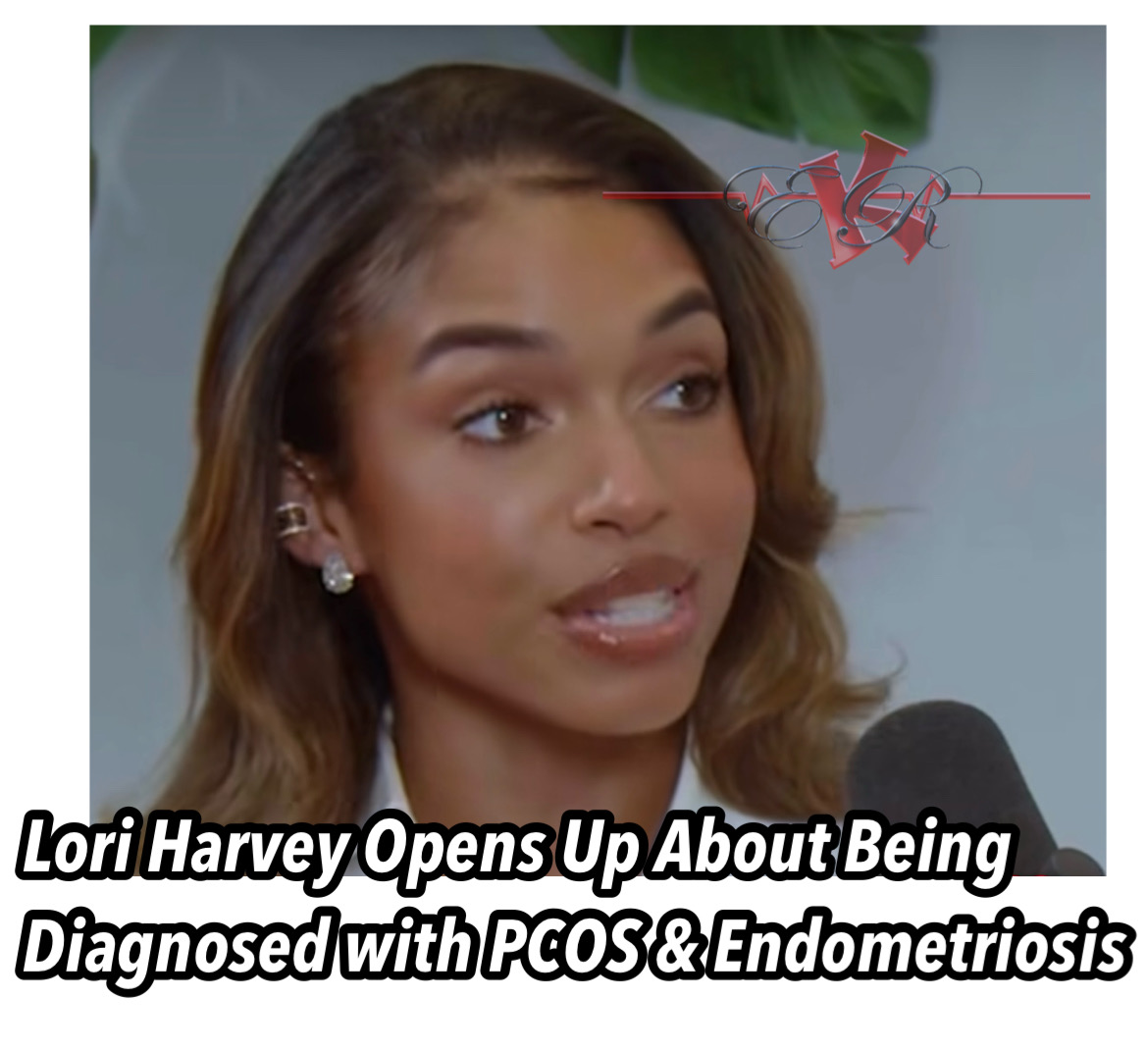




I have been seeing a lot of people with different comments about getting healing and some aren’t. For me. I advise anyone that have been diagnosed with any kind of disease or hsv virus should visit Dr zubby health clinic his treatment are the best to heal your health completely. Dr zubby Solution Home, you can get his product from his website via . https://drzubbysolutionhom.wixsite.com/website